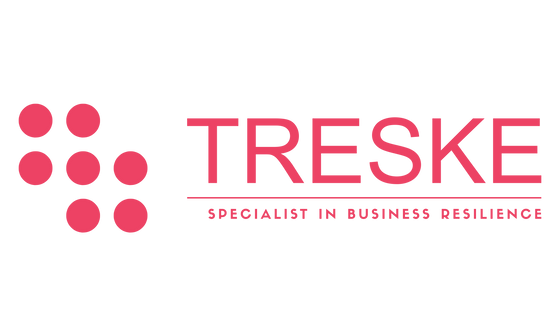Today, we're diving into the profound impact of resilience in different market sectors and how adopting best practices within each industry is key to achieving success. Let's explore the crucial role of resilience in facilities and power systems, as well as its significance in the healthcare industry.
Resilience in Facilities and Power Systems:
In the realm of facilities and power systems, resilience refers to the ability of infrastructure to withstand and recover from unexpected disruptions or disturbances. These can include power outages, equipment failures, natural disasters, or cyber-attacks. The goal is to design, implement, and maintain systems and practices that minimize downtime, ensure continuity of critical operations, and enable swift recovery.
When it comes to power facilities, here are some key aspects of resilience:
- Redundancy and Backup Systems: Resilient power systems incorporate redundant components and backup systems. This ensures uninterrupted power supply, even in the event of primary power source or equipment failures. Backup generators, uninterruptible power supply (UPS) systems, and alternative power sources like solar or wind can provide backup power during outages.
- Diverse and Robust Power Sources: A resilient power system incorporates diverse power sources to reduce reliance on a single source. This can include a combination of grid power, on-site generation (such as diesel generators or cogeneration systems), renewable energy sources, and energy storage systems.
- Monitoring and Control Systems: Resilient facilities employ advanced monitoring and control systems to swiftly detect potential issues and take appropriate action, minimizing the impact of disruptions.
Resilience in the Healthcare Industry:
In the healthcare industry, resilience refers to the ability of healthcare facilities and systems to anticipate, prepare for, respond to, and recover from disruptive events like power outages. Backup power plays a crucial role in maintaining critical operations and minimizing the impact of power failures on patient care and safety.
Key aspects of resilience in the healthcare industry regarding backup power:
- Emergency Preparedness: Healthcare facilities must have robust emergency preparedness plans that include backup power solutions. Potential risks are assessed, critical systems and equipment are identified, and backup power infrastructure is implemented accordingly.
- Uninterrupted Patient Care: Backup power systems, such as generators or uninterruptible power supply (UPS) systems, ensure that essential medical equipment, including life support systems, ventilators, and refrigeration for vaccines and medications, remain operational during power outages. This enables uninterrupted care delivery and safeguards patient safety.
- Compliance with Regulatory Requirements: Healthcare facilities are subject to various regulations and accreditation standards that mandate backup power provisions. These requirements specify the capacity, reliability, and maintenance of backup power systems to ensure consistent patient care during emergencies.
- Reducing Downtime: Swift and reliable backup power systems minimize downtime, allowing healthcare facilities to continue their operations seamlessly and avoid disruptions in patient care.
Now let's take a look at some equipment commonly found in healthcare facilities that require constant power to ensure resilience:
- Life Support Equipment: Critical care patients rely on life support equipment such as ventilators, cardiac monitors, dialysis machines, and infusion pumps. Continuous power is essential to sustain these life-saving devices and ensure patient safety.
- Imaging Equipment: Medical imaging technologies like X-ray machines, CT scanners, MRI scanners, and ultrasound machines rely on uninterrupted power to provide accurate and timely diagnostic information. Power interruptions can disrupt patient examinations and delay diagnoses.
- Laboratory Equipment: Various laboratory instruments and equipment, including analyzers, centrifuges, incubators, and refrigerators, require consistent power supply to maintain proper functioning and preserve samples and medications. Power outages can compromise testing and storage conditions.
- Surgical Tools and Equipment: Surgeons and operating room staff depend on powered surgical instruments, anesthesia machines, electrocautery units, and surgical lights during procedures. Reliable power is crucial to ensure uninterrupted surgical interventions and patient safety.
- Pharmacy and Medication Storage: Power is essential to maintain appropriate temperature and lighting conditions in medication storage areas, including refrigerators and freezers. These conditions ensure the integrity and efficacy of medications, vaccines, and blood products.
- Communication and Information Systems: Healthcare facilities rely on electronic medical information to make proactive decisions about patient care. Uninterrupted power ensures the availability and accessibility of critical communication and information systems.
By prioritizing resilience and implementing best practices, both in power systems and healthcare facilities, organizations can enhance their ability to withstand and recover from disruptions. This ultimately leads to improved operational continuity, enhanced patient care, and overall success in these industries.
That's it for today's newsletter! Stay tuned for more insights and updates on various topics related to resilience and industry best practices.
Take a look at the next chapter of this post
Building Resilience: Precision Cooling of IT and Medical Equipment for Healthcare and Education Facilities
Signup NOW for more

